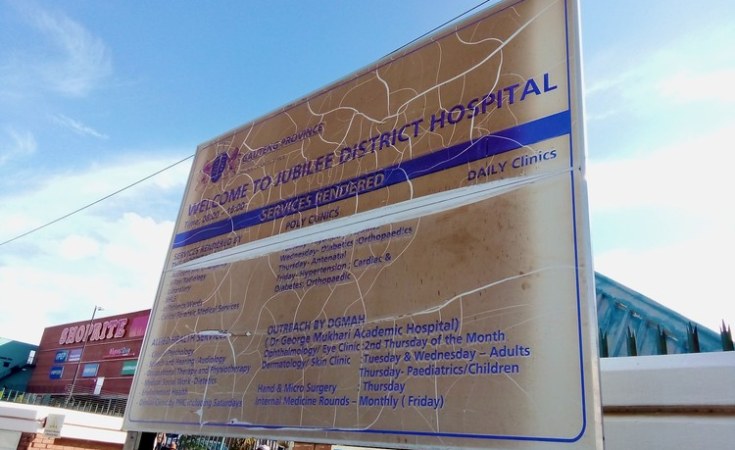The National Department of Health announced on Thursday that the cholera death toll now stands at 31, following the outbreak in Hammanskraal, north of Pretoria.
According to the department, Gauteng accounts for 29 deaths, while Free State and Mpumalanga account for one fatality each.
Data shows that the country has recorded a total cumulative number of 166 laboratory-confirmed cases and 202 suspected infections of cholera in five provinces between 1 February and 6 June 2023.
The statistics reveal that the majority of cases were recorded in Gauteng, which accounts for at least 92% or 152 cases, while Free State accounts for 5%, translating to nine infections.
Meanwhile, the waterborne disease has spread to the other provinces, with the North West reporting three infections and one each in Limpopo and Mpumalanga.
The ages of patients in Gauteng range from one to 91 years, while in in the Free State the ages range from 10 to 50 years.
So far, more than 600 people with suspected cholera symptoms have been seen in Gauteng and Free State hospitals.
"The setting-up of a well-equipped temporary field health facility, Kanana Cholera Treatment Centre, which is the epicentre in Hammanskraal, has not only relieved pressure at Jubilee Hospital but also contributed to improved health-seeking behaviour amongst community members with suspected cholera symptoms."
Meanwhile, over 200 people have been seen at the makeshift hospital.
The department said the facility has been operating 24/7 since 26 May.
"The Department of Health, working with various stakeholders continue to make significant progress in response to the cholera outbreak in some parts of the country to contain the spread of the disease and save lives, while the investigations into the cause of the outbreaks are ongoing."
The National, Provincial and District Outbreak Response Teams have been activated and reached over 300 contacts as part of case-finding and contact-tracing activities.
These, according to the department, include health promotion and continuous distribution of 3 000 hygiene packs donated by the United Nations Children's Fund and Doctors Without Borders to households and local schools in the affected communities.
"The Department of Social Development continues with psychosocial support and social relief packages to the families of the deceased."
Citizens are urged to remain vigilant and avoid known or suspected contaminated food, water and surfaces, and wash hands thoroughly with soap before handling and preparing food or after using the bathroom to prevent possible infection.
"Never drink water from unsafe sources such as rivers, dams, or streams, unless boiled or disinfected first," the department said.


